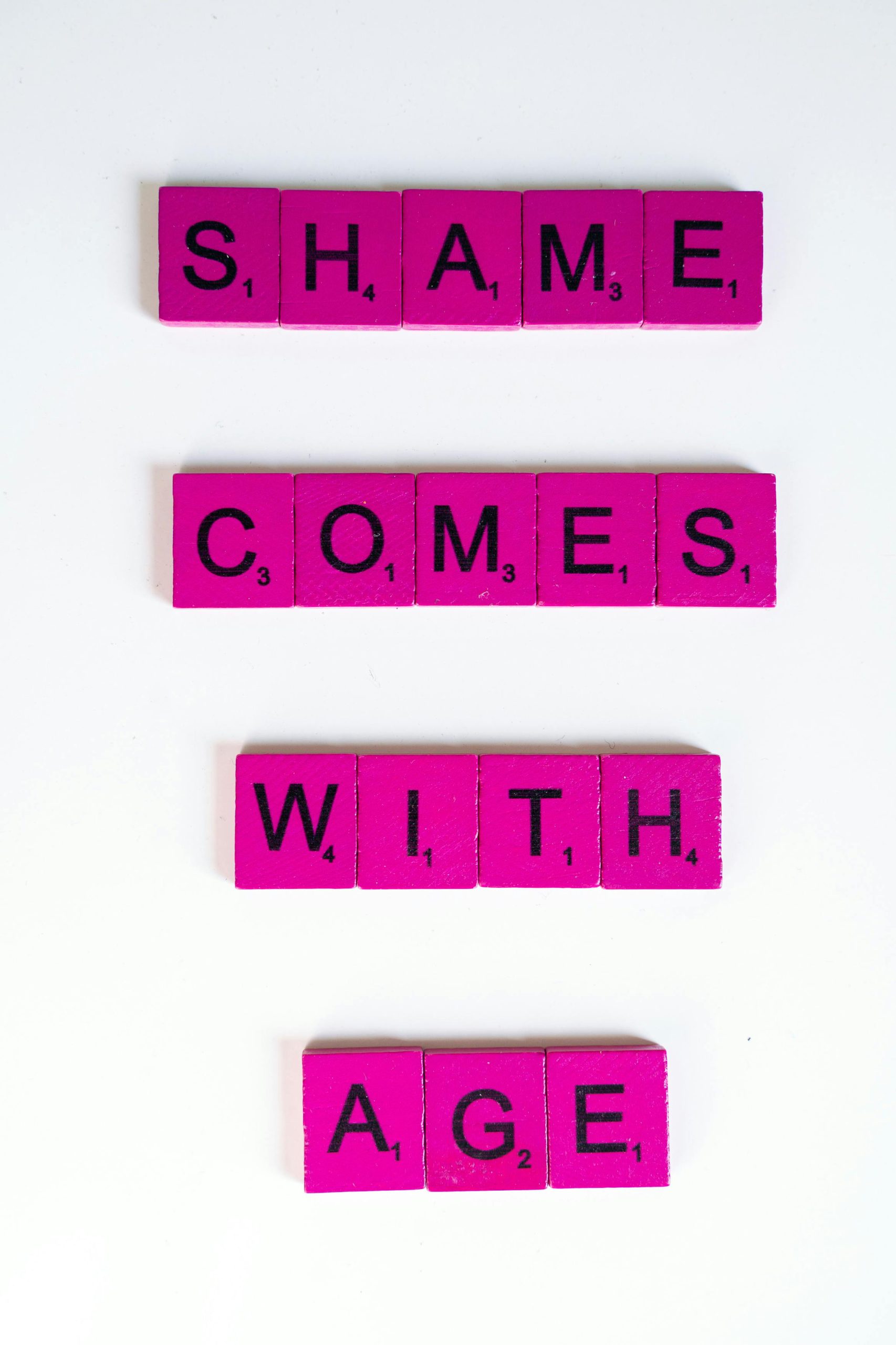Our unfortunate situation has garnered some media attention! It’s a pity that it might not prompt any real change. Perhaps it will take someone getting hurt for action to be taken?
Supporting the People of Berkshire

Our unfortunate situation has garnered some media attention! It’s a pity that it might not prompt any real change. Perhaps it will take someone getting hurt for action to be taken?
You must be logged in to post a comment.
It’s frustrating to see issues highlighted in the news without any real follow-up or change. It’s disheartening that often real action only seems to occur after a tragedy. It’s important for us to keep pushing for change and holding those in power accountable, even when it feels like no one is listening. Let’s continue to raise awareness and advocate for improvements before it comes to that.
Thank you for sharing your experience; it’s disheartening to see how often severe situations require media attention to be acknowledged. It raises an important question about the effectiveness of public outcry in prompting change. While media coverage can increase awareness, it often feels reactive rather than proactive.
Have you considered advocating for a collaborative approach with local authorities or community leaders to address the underlying issues? Engaging stakeholders directly may help to create a more substantial and lasting impact. Additionally, sharing your story across social media platforms can further amplify your message and possibly inspire collective action.
It’s crucial for communities to come together to prevent tragedies before they occur. I hope your situation leads to meaningful conversations and shifts in policy!
This is a thought-provoking post that sheds light on a critical issue many face when hardships gain media coverage. It raises an essential question about the role of public attention in sparking actual change. While media visibility can sometimes amplify voices and motivate action, it’s often the sustained advocacy and engagement from the affected individuals and communities that lead to meaningful reforms.
It might be worthwhile to explore how we can leverage this attention more effectively, perhaps by advocating for actionable solutions or rallying local support networks. Additionally, engaging policymakers directly or organizing community forums can help translate public interest into tangible change. After all, it’s not just about the headlines—it’s about fostering ongoing dialogue and accountability. How do you think we can best turn this media exposure into a catalyst for positive action?
This post raises a critical point about the often reactive nature of media attention and public discourse. It’s disheartening to see that significant issues frequently require a catalyst, usually in the form of tragedy, before meaningful change is realized. This reactive approach can perpetuate a cycle where awareness is fleeting, and real solutions remain elusive.
Perhaps we could foster more proactive measures by encouraging public dialogue that focuses not only on the problems at hand but also on potential solutions. Engaging local communities in discussions about prevention and support can help shift the narrative from one of misfortune to one of resilience and empowerment. Additionally, leveraging social media platforms for grassroots campaigns can maintain momentum and pressure decision-makers to take action before tragedy strikes. By emphasizing collaboration and proactive strategies, we can create a more robust framework for addressing chronic issues within our society. What strategies do you think could bridge the gap between awareness and actionable change?
Your post highlights a significant challenge: when adverse situations receive media attention but fail to catalyze meaningful change. It’s a common dilemma where awareness doesn’t necessarily translate into action. To foster real progress, it’s crucial to leverage media coverage to mobilize stakeholders—whether through community engagement, policy advocacy, or collaborative initiatives. Sometimes, sustained advocacy and strategic partnerships are required to turn public attention into tangible solutions. Hopefully, this spotlight can be a stepping stone toward meaningful and lasting improvements rather than just fleeting awareness.